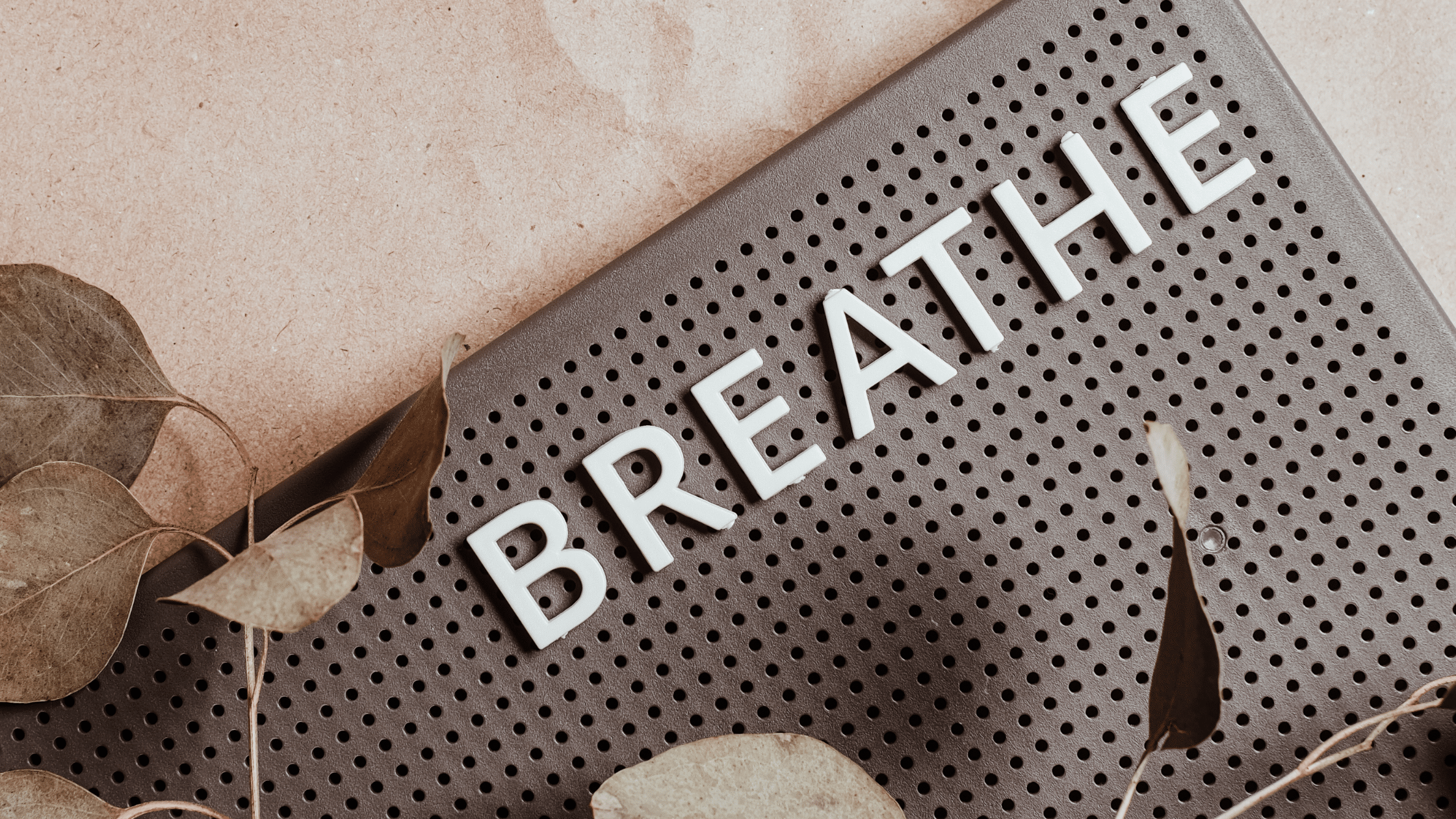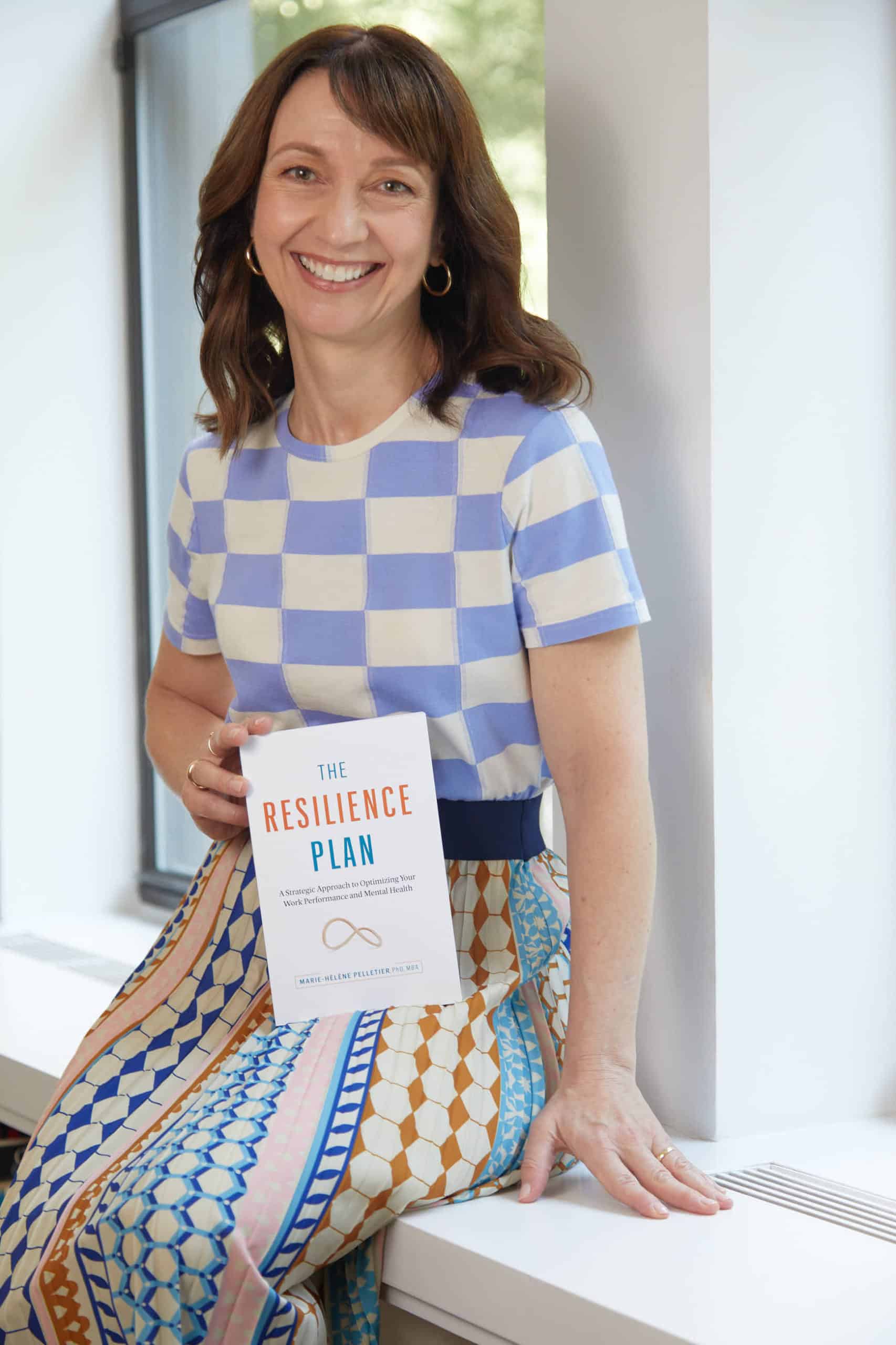
One simple thing you can do today to support resilience
As we go into any vacation season (right now for many!), it’s important to keep our resilience top of mind. Vacation can be full of lots of enjoyable activities, and at the same time we still have demands that require energy to navigate with changes in schedule, routines, and activities.
One area of focus to help improve resilience is so simple that we almost don’t even think about it – breathing. But not just any breathing; deep, mindful (just thinking about it) breathing. It’s a tool that we can all have in our toolbox to support our resilience, and starting in a (relatively) easier context such as vacation allows us to gradually integrate in more demanding times.
In a personal life setting, breathing before reacting can help us respond in the way we really want to the people closest to us. In a work setting, breathing can help with stress related to our role pressures (deadlines, expectations, etc). Practicing breathing through your workday can play a valuable role in supporting your overall resilience, at work and beyond.
Why deep breathing?
The research is clear that deep abdominal breathing is linked to reduction in anxiety, depression, and stress. By deep breathing, we are calming our ‘fight or flight’ response and activating the vagus nerves, the main nerves of our parasympathetic system, which regulate heartbeat, digestion, and immune system.
Deep breathing can help promote good feelings, and even improve cognitive function and performance.
When you’re experiencing feelings of anxiety or stress, or having a reaction to something at work or home that feels uncomfortable, pausing and taking a moment to breathe can make a big difference to how you respond and feel overall. You don’t need to buy it – your brain has bought into it.
How to breathe?
This may sound like a silly question, but the reality is that our breathing often gets very shallow during the day, so breathing more deeply requires intention. Here is an easy breathing exercise to follow, known as 4-7-8 breathing.
- Exhale slowly to expel all of the air from your lungs (like deflating a balloon)
- Inhale for 4 counts, breathing deep into your belly (rather than in your chest)
- Hold for 7 counts
- Exhale for 8 counts, ensuring that you are deflating the balloon completely
Make it a habit:
Integrating deep breathing into your everyday routines can help make it a habit that supports your overall resilience and stress management. One of my favorite tips is to tie deep breathing to an activity you do regularly. For example, every time you wash your hands, take 5 deep 4-7-8 breaths.
Want to read more? This is a useful article from Harvard Medical School
Your MH Minute: a simple action you can do today
Practice taking a 4-7-8 breath right now (this is less than 60 seconds). Then, think about an activity you do daily that you can link to this breathing practice and give it a try – for example just before your first bite of lunch.
Marie-Helene Pelletier, PhD, MBA, is a workplace mental health strategist, registered psychologist and professional speaker who teaches at the University of British Columbia Sauder School of Business.

